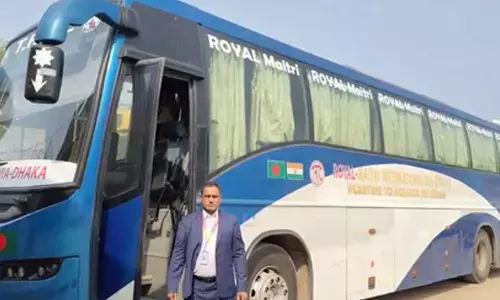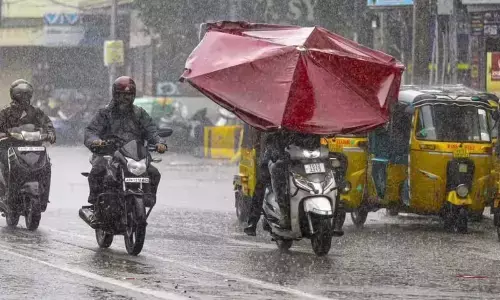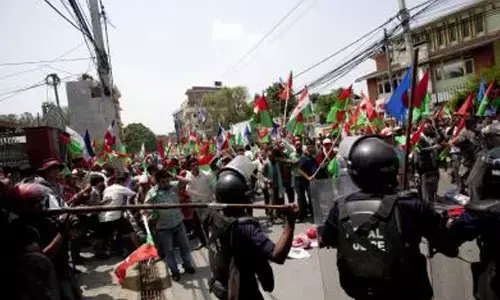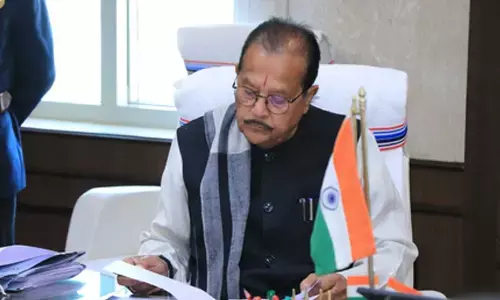Empowering farmers thru PM-AASHA
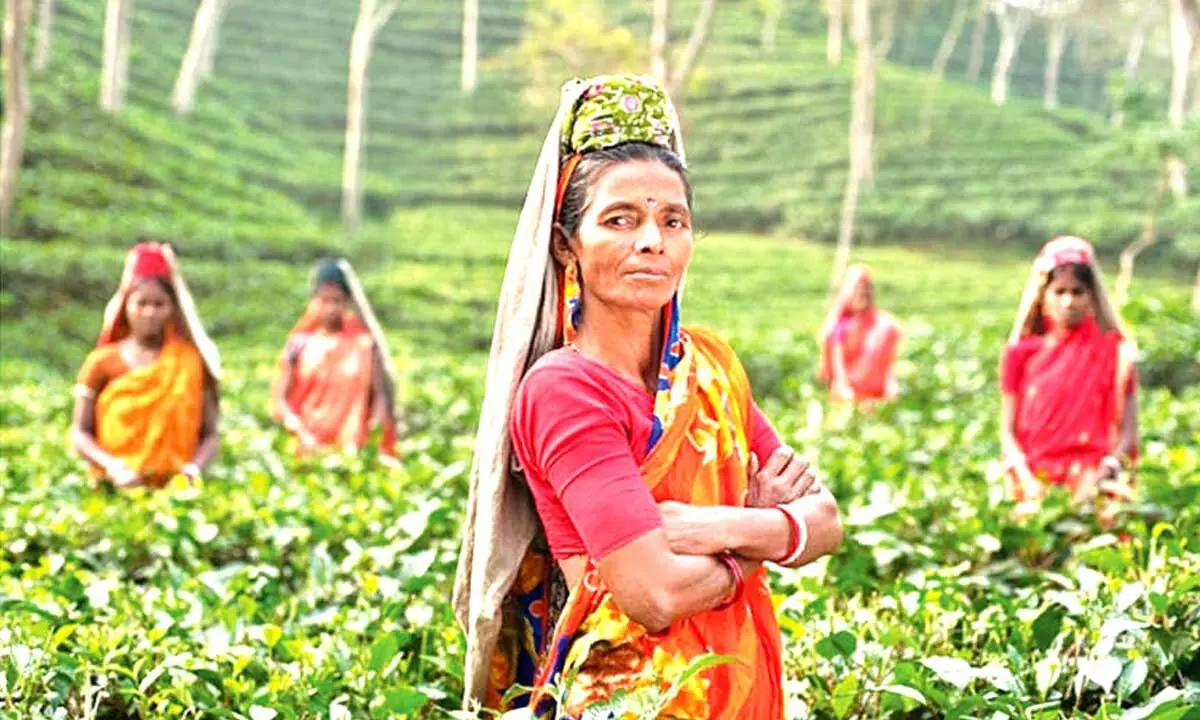
In Rabi 2023-24, 6.41 LMT of pulses procured, benefiting 2.75 lakh farmers
A look at the procurement data since 2018-19, shows that around 195.39 LMT of pulses, oilseeds & copra have been procured at MSP value of Rs 1,07,433.73 crore benefitting 99,30,576 farmers confirm-ing the positive impact of the scheme on lives of farmers especially small and marginal farmers
New Delhi: The Ministry of Agriculture & Farmers Welfare has initiated several measures to help farmers to enhance their income. The Government’s MSP policy for major agricultural commodities seeks to en-sure remunerative prices to the growers for their produce with a view to encourage higher investments in farming and boost production and productivity.
The minimum support price (MSP) is the minimum price for select crops covering major cereals, Shree Anna (millets), pulses, oilseeds, copra, cotton and jute raised in Kharif and Rabi seasons that the Gov-ernment of India considers as remunerative for farmers and hence warrants price support. The govern-ment fixes MSP for 24 crops at 1.5 times the Cost of Production (CoP).
The Department of Agriculture & Farmers Welfare implements the umbrella scheme of Pradhan Mantri Annadata Aay SanraksHan Abhiyan” (PM-AASHA). The scheme is implemented for notified pulses, oilseeds & copra. The PM AASHA was launched in September 2018 with an aim to Provide price assur-ance for pulses, oilseeds and copra, ensuring financial stability for farmers, reduce post-harvest distress selling & promote crop diversification towards pulses and oilseeds. In September 2024, cabinet ap-proved the continuation of Integrated scheme of PM AASHA with Price Support Scheme (PSS), price Deficiency Payment Scheme (PDPS) & Market intervention Scheme (MIS) as its components.
Price Support Scheme (PSS) is implemented on the request of the State Govts. / UTs that agree to ex-empt from levy of Mandi tax on the procurement of notified pulses, oilseeds and copra in the interest of farmers. From 2024-25 procurement season onwards, the sanction for the procurement of notified Pulses, Oilseeds and Copra under PSS are given to the State/UT initially up to a maximum of 25% of the production of the State for that particular season. Thereafter, if the State exhausts its limit of 25% of the State’s production, the sanction for additional procurement under PSS would be given to the State/UT up to a maximum of 25% of the national production after necessary approvals. To achieve Atmanirbhar-ta in pulses, the procurement ceiling has been lifted in respect of Tur, Urad and Masoor for the year 24-25.
During the Rabi 2023-24 season, 6.41 LMT of pulses of Rs 4,820 crore of MSP value were procured from 2.75 lakh farmers which included procurement of 2.49 LMT of Masoor, 43,000 MT of Chana and 3.48 LMT ofMoong at MSP to support the farmers. Similarly, 12.19 LMT of oilseeds worth Rs 6,900 crore of MSP value were procured from 5.29 lakh farmers. During the start of ongoing Kharif season, market prices of Soyabean were ruling much below MSP prices leading to great hardship to farmers. With the intervention of GoI under PSS scheme (component of PM AASHA), the Govt. has procured (as on 11.12.2024), 5.62 LMT of Soyabean at MSP value of Rs. 2,700 Crore and benefitting 2,42,461 farm-ers which is the highest quantity of soyabean ever procured. This proves the unwavering commitment of the Govt. of India towards the welfare of farmers.
A look at the procurement data since 2018-19, shows that around 195.39 LMT of pulses, oilseeds & copra have been procured at MSP value of Rs 1,07,433.73 crore benefitting 99,30,576 farmers confirm-ing the positive impact of the scheme on lives of farmers especially small and marginal farmers.
Another important and game changing component of PM AASHA is Market Intervention Scheme (MIS) meant for perishable agriculture/horticulture commodities such as tomato, onion and potato etc. not covered under MSP. The scheme is implemented on the request of the State/UT government when there is a reduction of prices in the market by at least 10% over the rates of previous normal season in the States/UTs.
Under MIS, in place of physical procurement, states may have an option to make differential payment between Market Intervention price and selling price, subject to coverage of 25% of production of crops and maximum price difference up to 25% of MIP.
Further, in case of TOP crops , where there is a price difference between the production and consuming states, in the interest of the farmers, the operational costs incurred by Central Nodal agencies (CNAs) like NAFED and NCCF in storing and transporting crops from producing states to other consuming states will be reimbursed by the government.(PIB)


